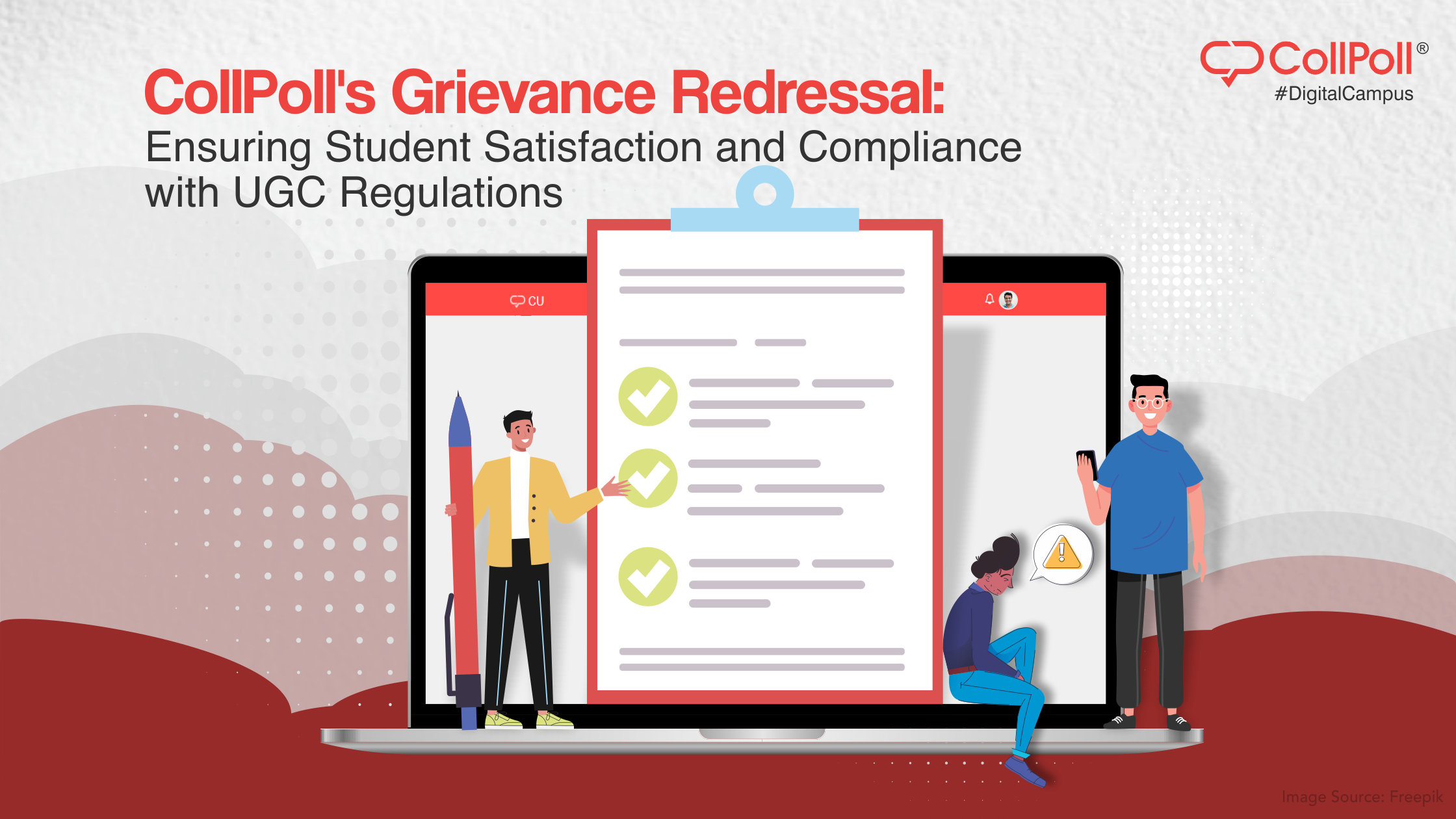We often hear athletes and coaches talk about resilience. But resilience isn’t just relevant in sports; it’s a crucial life skill. Resilience is basically the mind’s ability to handle setbacks. Being resilient improves one’s mental health, helps a person face challenges, quickly recover from them, and improve themselves in the process.
Resilience is also a skill that can be taught. As a teacher or student mentor, there are various techniques you can use to help students become more mentally resilient. This will enable them to withstand common challenges like exam pressures, isolation from their family, trouble with focusing on studies, relationship problems, etc.
Here are some techniques you can use to help students grow their mental resilience and become confident, well-adjusted individuals.
Teach Them How to Manage Stress
Stress is a regular part of academic life. Help your students build their resilience with the help of stress-management techniques.
One such technique is deep breathing. Whenever the person in question feels stressed, they should count down slowly from 10 to 1, taking deep breaths. Alternatively, they can take a stroll outdoors until they feel more in control. As the individual figures out which stress-management technique works best for them, their ability to withstand stress will improve as well.
Talk About the Benefits of Mindfulness
Encourage your students to start a mindfulness practice. (This is something you should be practicing as well.) There are many free resources online about mindfulness that you can share with them, or you could organise a mindfulness workshop in your campus.
As students learn practical ways to become more aware and present in each moment, it improves both, their mental resilience and their problem-solving skills as well.
Help Them Develop a Positive Mindset
Teaching students how to shift from ‘mostly negative’ thoughts to ‘mostly positive’ thoughts is also a part of building resilience.
It’s important for everyone, especially younger adults, to understand that 99% of the worst-case scenarios we imagine, never really happen! Teaching students how to observe their negative thoughts from a distance and to question those thoughts with well-reasoned arguments can help them avoid falling into negativity traps.

Teach Them to Go Beyond Comparisons
Peer pressure can be disastrous for students’ mental health. Constantly comparing oneself with others (to one’s own disadvantage) can lead to people developing low self-confidence, anxiety, or depression.
Hence, talk to students about self-kindness and a ‘growth mindset’. For instance, the next time they compare their marks with that of a classmate, ask them to take the focus off the other person and direct it towards themselves. Are they more focused toward their academics than they were in the previous week or month? Focusing on tangible self-improvement metrics helps one stay positive and improves one’s resilience.
Enable Them to Focus On Their Strengths
In the absence of personal motivation and professional appreciation, most of us start developing negative thoughts, which ends up adversely impacting our resilience. When this happens, it’s time to focus on one’s strengths.
Ask your students to note down their strengths, accomplishments, weaknesses and goals. This will help them develop a systematic roadmap to focus on their strengths and get rid of their weaknesses. Doing so will greatly build their resilience.
Talk About Emotional Regulation
The ability to watch, recognise, and respond to one’s emotions without getting attached to them helps build a strong ‘emotional regulation’ process. The same also helps in building mental resilience.
Your students can practice this exercise: whenever they feel mentally or emotionally low, they can take deep breaths and think twice before responding to the issue. Seeing the situation from a pragmatic lens (rather than from a reactionary or ‘victim’ based lens) improves their decision-making ability.
Also encourage students to invest in activities that help them regulate their emotions – whether that is talking to a close friend, having a favourite food, or working out.
Encourage Physical Wellbeing
Young adults who get 7 to 8 hours of sleep every night are more likely to be mentally healthy and resilient. However, proper sleep is not the only way to stay physically fit.
Physical wellbeing is a major part of building resilience. By focusing on some simple tips, anyone can improve their physical well-being. Encourage students to follow the below tips to boost their physical wellbeing and resilience levels:
- Stay hydrated
- Exercise regularly
- Eat healthy, and if possible, home-cooked food
- Avoid smoking, tobacco, or alcohol
The final lesson you must share with your students is that resilience can’t be mastered overnight. It requires consistent efforts and commitment. That’s why, as their teacher or mentor, you must help them take baby steps toward building mental resilience.
Take the first step towards your emotional well-being journey!
Click here to start your Emotional Wellbeing Journey
Instructions to complete the digital assessment:
- This assessment will take 10-12 mins to be completed, so set aside the required time and please give your honest response.
- Click on the link mentioned above and fill up all the details to register.
- After completing the digital assessment, you will receive a Preliminary report on your registered Email ID.





